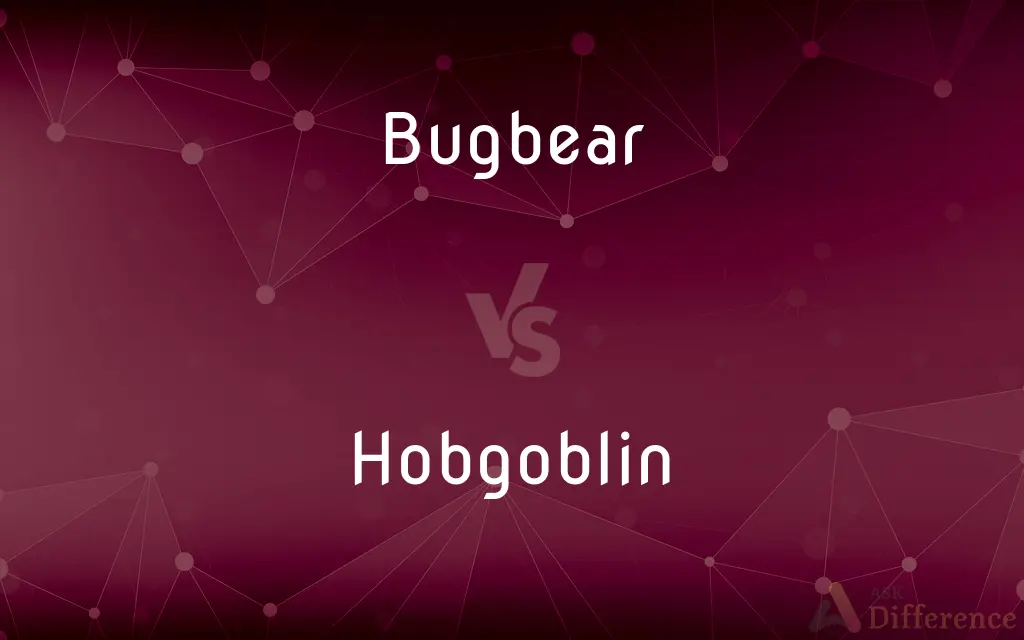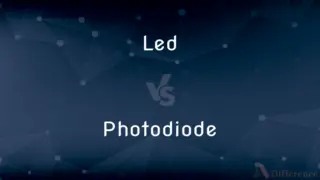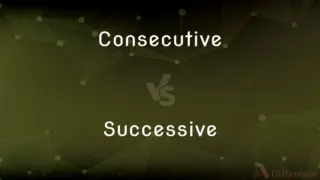Bugbear vs. Hobgoblin — What's the Difference?

Difference Between Bugbear and Hobgoblin
ADVERTISEMENT
Compare with Definitions
Bugbear
A bugbear is a legendary creature or type of hobgoblin comparable to the boogeyman (or bugaboo or babau or cucuy), and other creatures of folklore, all of which were historically used in some cultures to frighten disobedient children.
Hobgoblin
A hobgoblin is a spirit (creature) of the hearth, typically appearing in folklore, once considered helpful but since the spread of Christianity has often been considered mischievous. Shakespeare identifies the character of Puck in his A Midsummer Night's Dream as a hobgoblin.
Bugbear
A cause of fear, anxiety, or irritation
Overcrowding is often a bugbear for train commuters.
Hobgoblin
An ugly, mischievous elf or goblin.
Bugbear
A difficult or persistent problem
"One of the major bugbears of traditional AI is the difficulty of programming computers to recognize that different but similar objects are instances of the same type of thing" (Jack Copeland).
ADVERTISEMENT
Hobgoblin
An object or a source of fear, dread, or harassment; a bugbear
"A foolish consistency is the hobgoblin of little minds" (Ralph Waldo Emerson).
Bugbear
A fearsome imaginary creature, especially one evoked to frighten children.
Hobgoblin
A small, ugly goblin that makes trouble for humans.
Bugbear
An ongoing problem; a recurring obstacle or adversity.
Hobgoblin
(by extension) A source of dread, fear or apprehension; a bugbear.
Bugbear
A source of dread; resentment; or irritation.
Hobgoblin
A frightful goblin; an imp; a bugaboo; also, a name formerly given to the household spirit, Robin Goodfellow.
Bugbear
(archaic) An imaginary creature meant to inspire fear in children.
Hobgoblin
(folklore) a small grotesque supernatural creature that makes trouble for human beings
Bugbear
(transitive) To alarm with idle phantoms.
Hobgoblin
An object of dread or apprehension;
Germany was always a bugbear for France
A foolish consistency is the hobgoblin of little minds
Bugbear
Same as Bugaboo.
Bugbear
To alarm with idle phantoms.
Bugbear
An imaginary monster used to frighten children
Bugbear
An object of dread or apprehension;
Germany was always a bugbear for France
A foolish consistency is the hobgoblin of little minds
Share Your Discovery

Previous Comparison
Led vs. Photodiode
Next Comparison
Consecutive vs. Successive














































